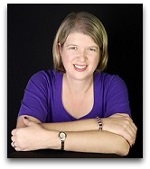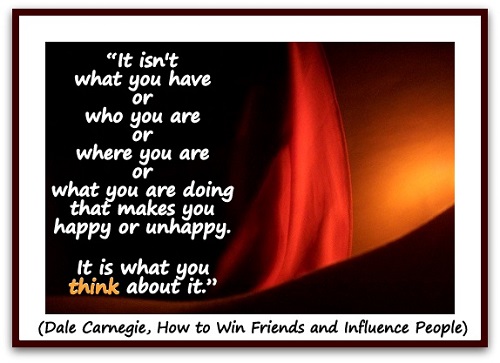What do you want to get known for?
In today’s guest post Karen Williams asks an insightful question to help you and your coaching business.
What do you want to get known for?

From my experience, many coaches (and other transformation experts) work with clients who have gone through something similar to themselves. This may be situations like redundancy, cancer, trauma, a chronic illness, or perhaps they have learnt something that they know will help others.
Going through a difficult situation may have been one of their motivators to retrain in this profession, and likely to be one of the reasons that they want to help people now.
My story is similar to that extent. When I started out as a coach, I struggled to get clients and turn my passion into a business that was sustainable. Then I spent time with very successful coaches, discovered their secrets, implemented them into my own business, and then wrote a book about it! That’s why I help my clients to create their own successful business, get more clients, make more money and do what they love.
Even though coaching is traditionally non-directive, and technically you can work with people on any topic, clients will often look for a coach who has credibility in a certain area.
When you’ve been through a situation yourself, you:
- Can understand how someone must be feeling and emphasise with their situation
- Have the resources and information that may help and know where else you can direct your client
- Have credibility in that area and build your business from that topic of expertise
.
Want a profitable and fulfilling business?
To create a profitable and fulfilling business, it’s about finding that area where you have knowledge, passion and experience, and building your niche from this place. However, I also know that it can be hard to define what to do, and niching may feel counterintuitive when you start out.
But these days you don’t need to have one of those ‘traditional’ niches such as a career coach, health coach, etc. The narrower you specialise, and the more unique you are, the easier it will be – trust me!
When you know your ideal client and what you do well, the advantage is that everything you do is aimed towards that person. You’ll have the systems in place that allows you to establish your expertise – and everything will stem from this framework.
- Your message and brand are aligned to the clients you want to attract
- Your website will generate leads rather than be a static page that people may come across by accident
- You can stand out from everyone else in your profession as you know what makes you different
- You can market yourself in a way that allows you to easily attract clients as people get what you do and the results that clients get from working with you
- You can create a signature talk/book/information product that automatically leads people to the next step in your marketing funnel and ultimately allows you to build your business easily
.
What do you want to get known for?
If you’re struggling to niche, one of my favourite questions to ask is this: “What do you want to get known for?” I’ll be honest; it’s not enough to say “A great coach”, or “making a difference”, etc…
What do you really want to get known for?
Where is your expertise?
What are you good at?
Who would you love to work with and why?
What is your story and how does this relate to your clients?
You could, of course, do one of my favourite exercises, which you’ll find in my second book, How to Stand Out in your Business. Take your passions and talents and explore these areas unique to you. Take time to get clear what you are good at and where you excel, as well as understanding what you feel passionate about and why you love this. You can also look at your story and where you have come from and how you can might be able to help others in areas where you have your own experience.
But ultimately I suggest you ask yourself the question: What do you want to get known for? I’d love your comments below.
About Karen Williams
 If you’re ready to stand out and become more visible, or want support to discover what you want to get known for, contact Karen for a free discovery call. You can also join her at the Star Biz conference on 11/12 July and on her Writing Retreat in Spain from 25-30 September 2014.
If you’re ready to stand out and become more visible, or want support to discover what you want to get known for, contact Karen for a free discovery call. You can also join her at the Star Biz conference on 11/12 July and on her Writing Retreat in Spain from 25-30 September 2014.
Karen Williams is the founder of Self Discovery Coaching and is a Business Coach and Mentor, Author, Speaker and Fire Walk Instructor. She predominantly works with solopreneurs (coaches, consultants and therapists) who want to make a difference, but know that to do this, they need to learn the skills to create and grow a successful business. She helps them to get more clients, make more money and do what they love.
She is known for helping her clients to succeed by standing out from the crowd, getting noticed and being an expert in their business. She is the author of The Secrets of Successful Coaches, which reached #1 in the Business charts on Amazon. Her second book, How to Stand Out in your Business, was published in 2012. In the second book she shares the 7 Step Success System that she uses to help her clients to become more visible and create a successful business. She is half way through writing her third book.

